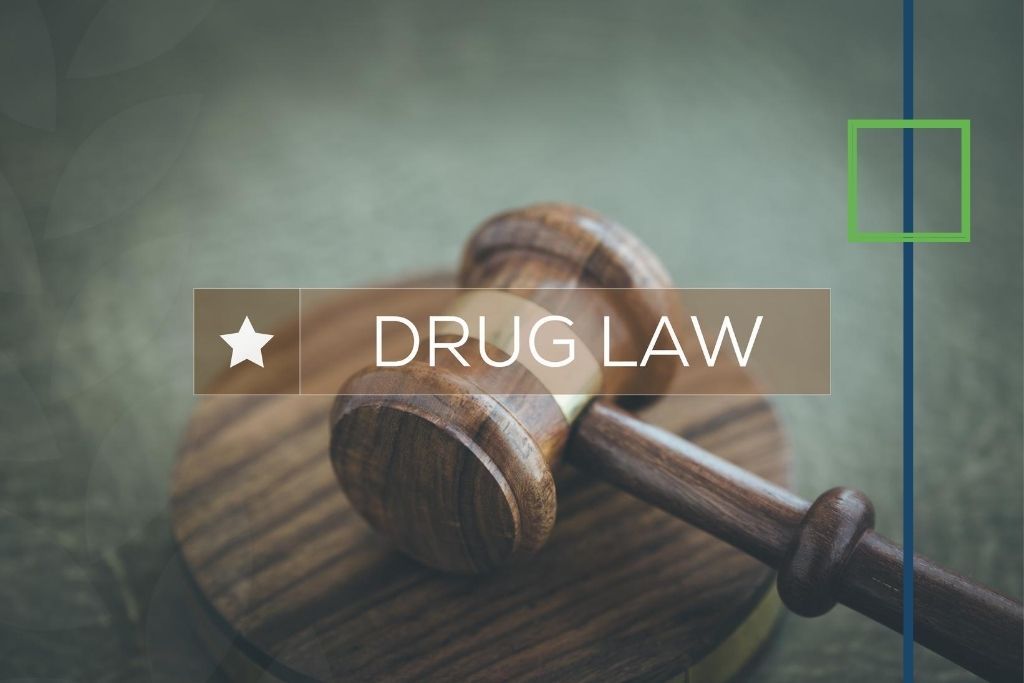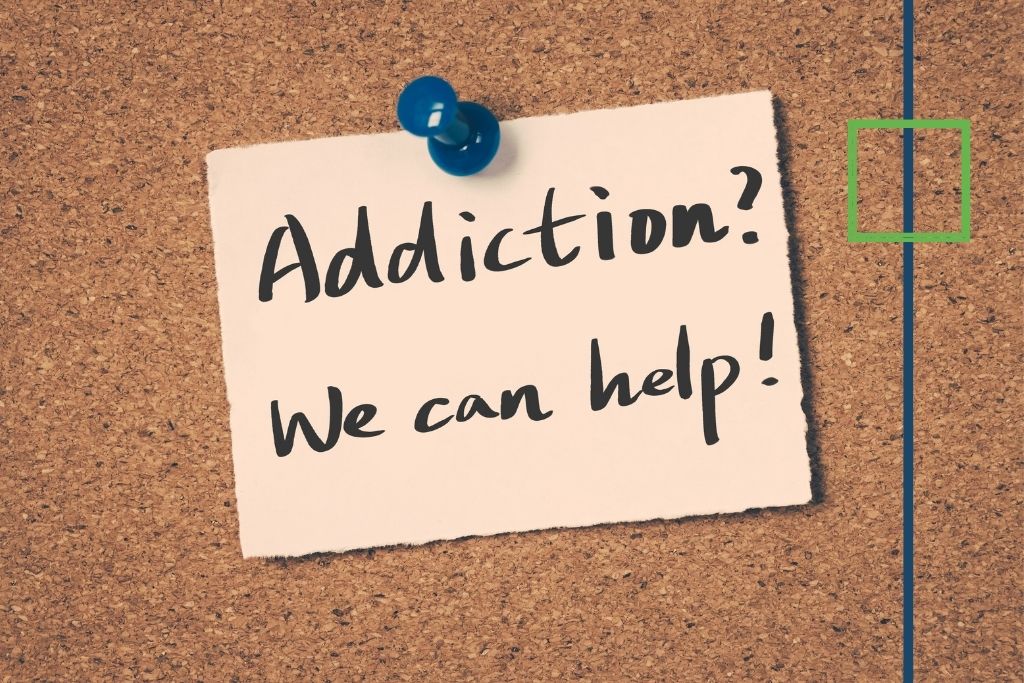What Is Vaping?
While e-cigarettes can serve some people and harm others, scientists still have a lot to learn about whether e-cigarettes effectively quit smoking.
Some e-cigarettes look like regular cigarettes, cigars, or pipes. Some look like USB flash drives, pens, and other everyday items. Larger devices such as tank systems or “mods,” do not look like other tobacco products.
E-cigarettes are electronic devices that heat a liquid and produce an aerosol or mix of tiny particles in the air. The liquid used in e-cigarettes usually includes nicotine and flavorings. This liquid is seldom called “e-juice,” “e-liquid,” “vape juice,” or “vape liquid.”
Despite their design and appearance, these devices commonly operate likewise and are made of comparable components. More than 460 different e-cigarette brands are currently on the market.

E-cigarettes have the potential to profit adult smokers who are not pregnant if used as a complete replacement for regular cigarettes and other smoked tobacco products. But, if you’ve never smoked or used other tobacco products or e-cigarettes, don’t start.

Get Your Life Back
Find Hope & Recovery. Get Safe Comfortable Detox, Addiction Rehab & Mental Health Dual Diagnosis High-Quality Care at the We Level Up Treatment Centers Network.
Hotline (877) 378-4154JUUL Vaping
JUUL is a brand of e-cigarette that is fashioned like a USB flash drive. Like other e-cigarettes, JUUL is a battery-powered device that heats a nicotine-containing liquid to produce an inhaled aerosol.
All JUUL e-cigarettes have a significant level of nicotine. According to the manufacturer, a single JUUL pod holds as much nicotine as a pack of 20 regular cigarettes.
Although JUUL is currently the top-selling e-cigarette brand in the U.S., other companies sell e-cigarettes that look like USB flash drives. Examples include the MarkTen Elite, a nicotine delivery device, and the PAX Era, a marijuana delivery device that looks like JUUL.
According to CDC, most e-cigarettes contain nicotine. Nicotine is highly addictive and can harm adolescent brain development, which continues into the early to mid-20s.
Side Effects Of Vaping And E-cigarette Aerosol
E-cigarette aerosol is NOT safe or pure “water vapor.”
The e-cigarette aerosol that users breathe from the device and exhale can carry harmful and potentially toxic substances, including:
- Nicotine
- Ultrafine particles that can be inhaled deep into the lungs
- Flavorings such as diacetyl, a chemical linked to a severe lung disease
- Volatile organic compounds
- Cancer-causing chemicals
- Heavy metals such as nickel, tin, and lead
The aerosol that users inhale and exhale from e-cigarettes can endanger both themselves and bystanders to harmful substances.
It is challenging for consumers to know what e-cigarette products contain. For instance, some e-cigarettes marketed as containing 0% nicotine have been found to contain nicotine.
Get Help. Get Better. Get Your Life Back.
Searching for Accredited Drug & Alcohol Rehab Centers Near You? Or Mental Health Support?
Even if you have failed previously, relapsed, or are in a difficult crisis, we stand ready to support you. Our trusted behavioral health specialists will not give up on you. Call us when you feel ready or want someone to speak to about therapy alternatives to change your life. Even if we cannot assist you, we will lead you wherever you can get support. There is no obligation. Call our hotline today.
FREE Addiction Hotline – Call 24/7Side Effects of Vaping To The Brain
No matter how it’s delivered, nicotine is dangerous to youth and young adults. E-cigarettes typically contain nicotine as well as other chemicals that are known to damage health. For example, users risk exposing their respiratory systems to potentially harmful chemicals in e-cigarettes.

The nicotine in e-liquids is quickly absorbed from the lungs into the bloodstream when someone vapes an e-cigarette. Upon entering the blood, nicotine stimulates the adrenal glands to release the hormone epinephrine (adrenaline). Epinephrine stimulates the central nervous system and increases blood pressure, breathing, and heart rate.
In addition, as with most addictive substances, nicotine arouses the brain’s reward circuits and boosts levels of a chemical messenger in the brain called dopamine, which reinforces rewarding behaviors. Pleasure caused by nicotine’s interaction with the reward circuit triggers some people to use nicotine repeatedly, despite the side effects of vaping to their health and well-being.
The study showed that the e-liquids of certain cig-a-like brands contain high levels of nickel and chromium, which may come from the nichrome heating coils of the vaporizing device. Cig-a-likes may also have low levels of cadmium, a toxic metal also found in cigarette smoke that can induce breathing problems and disease.
Comfortable Facilities & Amenities
High-Quality Addiction & Mental Health Rehabilitation Treatment
Rehab Centers TourRenowned Addiction Centers. Serene Private Facilities. Inpatient rehab programs vary.
Addiction Helpline (877) 378-4154Proven recovery success experience, backed by a Team w/ History of:
15+
Years of Unified Experience
100s
5-Star Reviews Across Our Centers
10K
Recovery Success Stories Across Our Network
- Low Patient to Therapist Ratio
- Onsite Medical Detox Center
- Comprehensive Dual-Diagnosis Treatment
- Complimentary Family & Alumni Programs
- Coaching, Recovery & Personal Development Events
Side Effects Of Vaping And Nicotine Withdrawal
Withdrawal happens due to dependence when the body becomes used to having the nicotine in the system. Being without nicotine for too long can cause a regular user to undergo irritability, craving, depression, anxiety, cognitive and attention deficits, sleep disturbances, and increased appetite. These withdrawal symptoms may occur within a few hours after the last cigarette, swiftly driving people back to tobacco use.
When a person discontinues smoking, withdrawal symptoms peak within the first few days of the last cigarette smoked and typically subside within a few weeks. However, symptoms may persist for some people for months, and the severity of withdrawal appears to be determined by a person’s genes.
In addition to its pleasurable effects, nicotine also momentarily boosts aspects of cognition, such as the ability to sustain attention and hold information in memory. However, long-term smoking is correlated with cognitive decline and risk of Alzheimer’s Disease, suggesting that short-term nicotine-related enhancement does not outweigh long-term results for cognitive functioning.
In addition, people in withdrawal from nicotine experience neurocognitive deficits such as difficulties with attention or memory. These neurocognitive withdrawal symptoms are increasingly identified as a contributor to continued smoking. A small research study also suggested that withdrawal may impair sleep for severely dependent smokers and that this may additionally contribute to relapse.
The more you smoke, the more nicotine you need to feel good. Nicotine quickly becomes part of your daily routine and intertwined with your habits and emotions.
Everyday Circumstances That Trigger The Urge To Smoke Include:
- Drinking coffee or taking breaks at work
- Talking on the phone
- Drinking alcohol
- Driving your car
- Spending time with friends

World-class, Accredited, 5-Star Reviewed, Effective Addiction & Mental Health Programs. Complete Behavioral Health Inpatient Rehab, Detox plus Co-occuring Disorders Therapy.
CALL (877) 378-4154End the Addiction Pain. End the Emotional Rollercoaster. Get Your Life Back. Start Drug, Alcohol & Dual Diagnosis Mental Health Treatment Now. Get Free No-obligation Guidance by Substance Abuse Specialists Who Understand Addiction & Mental Health Recovery & Know How to Help.
We Level Up New Jersey Treatment For Addiction
Our treatment tailors the program to the individual and the individual to the program of recovery. We start by assessing our client’s history of mental health, drugs, and alcohol-related past. Then, provided that the needs of each client are specific and personalized, we aim to provide comprehensive support for mental health, addiction, and dual diagnosis treatment.
Clients in our residential therapy programs will live comfortably within the facility during this crucial and fragile time. This supportive environment is designed to give clients 24-hour care for sobriety, removing temptations for relapse and applying an air of recovery into every component of the treatment timeline, including nicotine addiction treatment. At We Level Up NJ, we find that when clients are living in a supportive community, especially during their early recovery process, they can truly focus on what matters most: their recovery.
Call us today if you’re struggling with nicotine or the side effects of vaping, as we can help you explore addiction treatment options.
Experience Transformative Recovery at the We Level Up Treatment Center.
See our authentic success stories. Get inspired. Get the help you deserve.



Start a New Life
Begin with a free call to an addiction & behavioral health treatment advisor. Learn more about our dual-diagnosis programs. The We Level Up treatment center network delivers various recovery programs at each treatment facility. Call to learn more.
- Personalized Care
- Caring Accountable Staff
- Comfortable Amenities
- Licensed & Accredited
- Renowned w/ 5-Star Reviews
We’ll Call You
Sources:
THE FACTS on e-cigarette use among youth and young adults – https://e-cigarettes.surgeongeneral.gov/
Vaping Devices (Electronic Cigarettes) DrugFacts – National Institute On Drug Abuse
Tobacco, Nicotine, and E-Cigarettes Research Report – National Institute On Drug Abuse